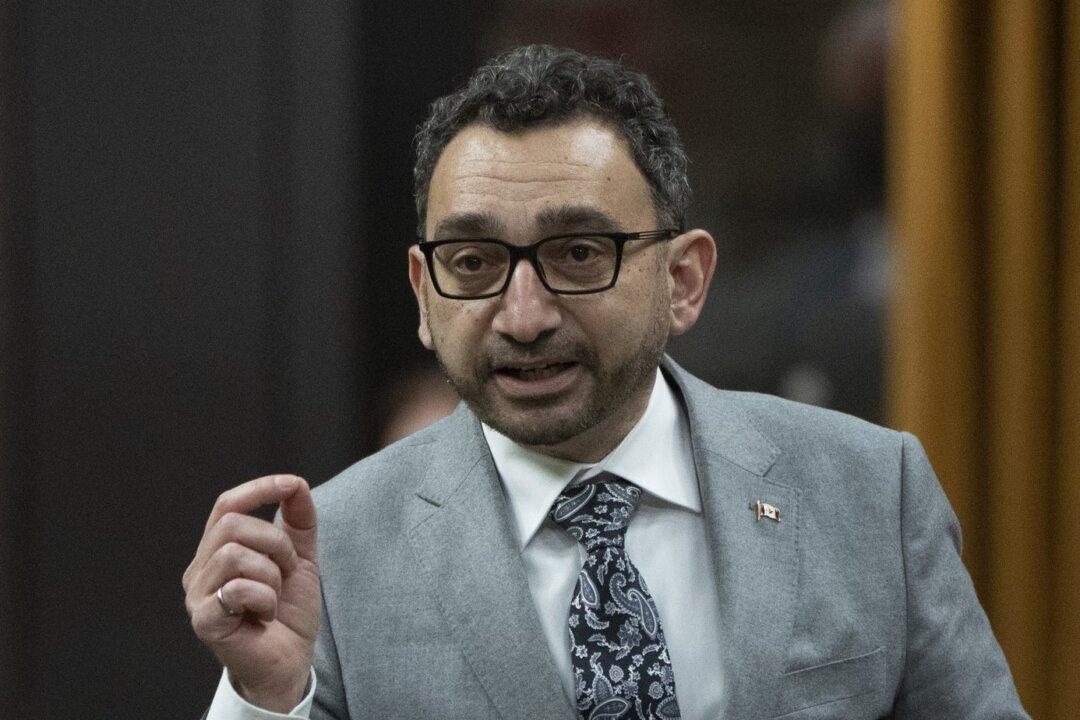The government of Alberta is considering a private sector rail project connecting Edmonton and Calgary that has secured investment from a Chinese state-owned company.
The Alberta government is partnering with Toronto-based TransPod for a fully electric, 1,000 kilometre-per-hour rail line between Edmonton and Calgary which would reduce the trip to 45 minutes from around three hours by vehicle. Transpod signed a memorandum of understanding (MOU) with the Government of Alberta for the project in August 2020, which is a pretext to a contract, and not a binding contract.





